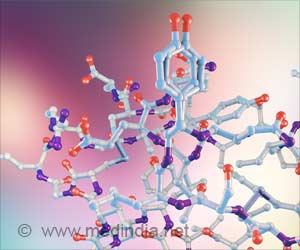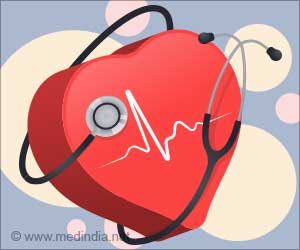Continuing observing of hemoglobin should be studied in older patients taking aspirin, the painkiller used to treat headache.

Effect of Low-Dose Aspirin Versus Placebo on Incidence of Anemia in the Elderly
Go to source). Approximately half of older persons in the US have reported preventative aspirin use (2✔ ✔Trusted Source
Use of Preventive Aspirin Among Older US Adults With and Without Diabetes
Go to source). One of the complications of aspirin use is an increased risk for major bleeding, particularly gastrointestinal bleeding.
‘Healthy older adults who took aspirin is linked to a decrease in ferritin, or blood iron levels. #anemia #anemiarisk #ferritin #hemoglobinlevels’





Although the risk for overt bleeding due to aspirin has been well characterized, very few studies have measured the effect of aspirin on anaemia, particularly in older populations.
Daily Aspirin Use Linked to Anemia Risk
Researchers from Monash University, Melbourne conducted an analysis of the randomized controlled trial involving 19,114 persons aged 70 years or older who were randomly assigned to take 100 mg of aspirin daily or placebo.Hemoglobin was measured annually, and ferritin was measured at baseline and three years after randomisation.
These results were accompanied by a small but greater decrease in mean hemoglobin and a greater decline in ferritin concentrations among those receiving aspirin.
Differences in clinically significant bleeding events did not account for the overall difference in incident anemia or the decline in ferritin observed in the trial.
It was most likely due to occult blood loss, given the observed steeper decline in ferritin in participants allocated to aspirin, the researchers said.
Advertisement
- Effect of Low-Dose Aspirin Versus Placebo on Incidence of Anemia in the Elderly - (https://www.acpjournals.org/doi/10.7326/M23-0675)
- Use of Preventive Aspirin Among Older US Adults With and Without Diabetes - (https://www.ncbi.nlm.nih.gov/pmc/articles/PMC8218072/)















